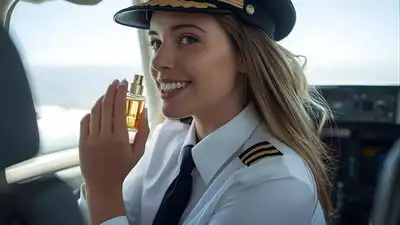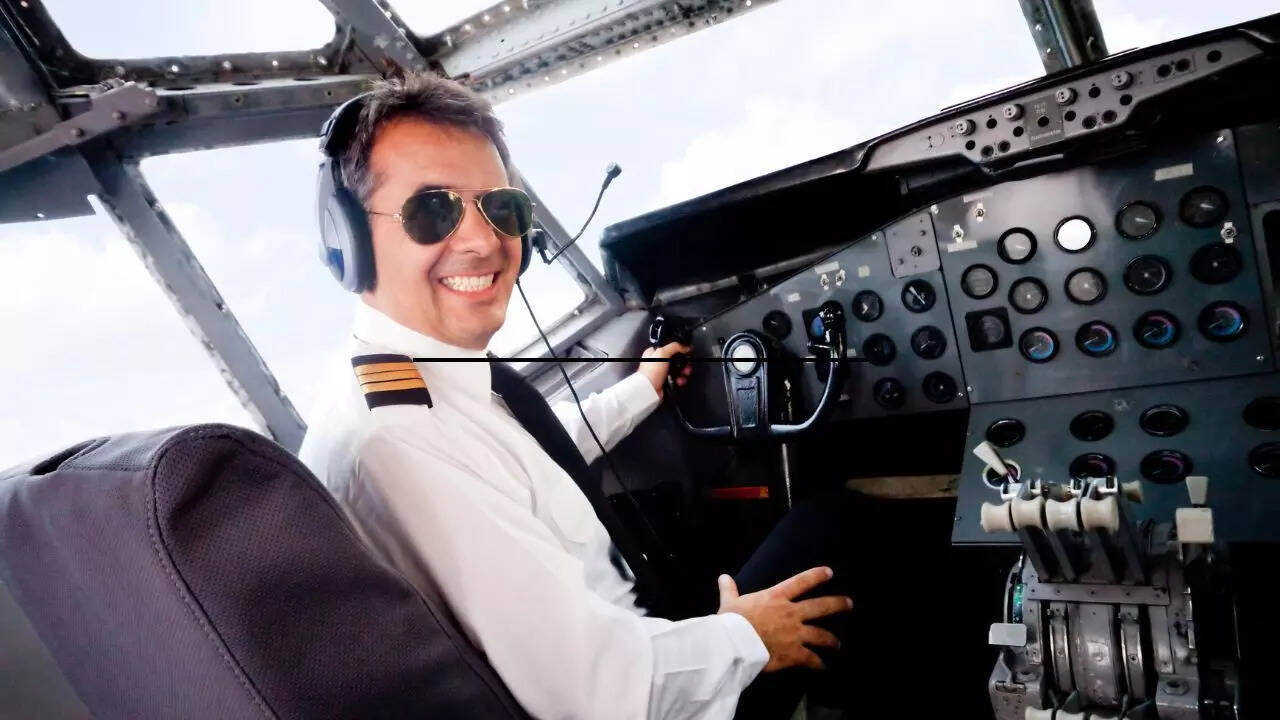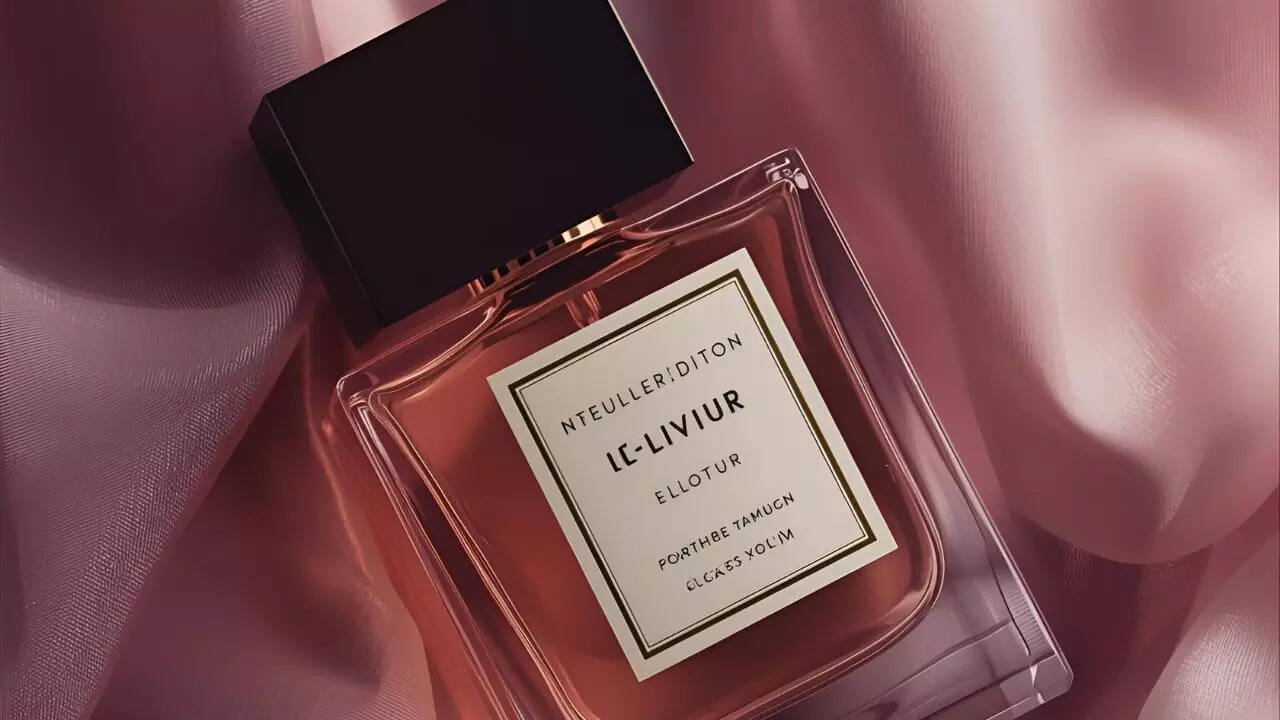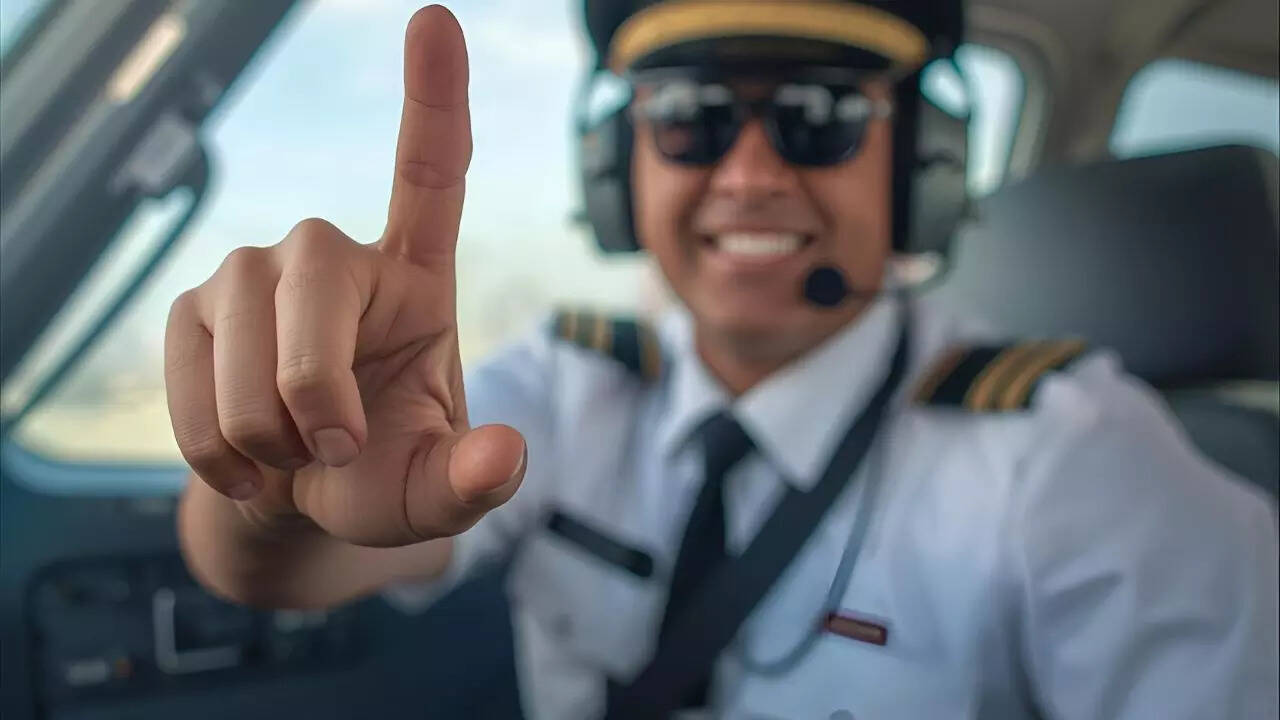ARTICLE AD BOX

Perfume before a date? Yes. Perfume before a flight? Absolutely not, at least if you are a pilot in India. While passengers may spray on their favourite fragrance before boarding, pilots are advised to avoid it.
The reason has nothing to do with style and everything to do with aviation safety. Before every take-off, Indian pilots must clear a strict breathalyser test as per Directorate General of Civil Aviation (DGCA) rules. These machines are designed to detect even the tiniest trace of alcohol, and they do not care whether it came from a glass of wine or a bottle of cologne.That is exactly what aviation expert Captain Tomar Awdhesh explained in his popular Instagram post that quickly went viral.
According to him, perfumes, sanitisers and even mouthwashes can cause a false positive because they all contain alcohol. The machines are so sensitive that they can pick up vapour levels as low as 0.0001 per cent. One quick spray could leave a pilot grounded and a flight delayed. His advice is simple but smart: save the fragrance for after the test.
Why pilots in India avoid perfume before flights

Perfume is made largely with alcohol, which evaporates quickly and lingers in the air.
For most people, that just means a pleasant scent. For pilots, it can spell trouble. The DGCA has strict rules about alcohol consumption before duty, and breathalyser tests are the ultimate gatekeeper. The device cannot tell whether the alcohol came from a cocktail or a cologne. If vapours are detected, the machine automatically flags the pilot.This makes perfume a risky accessory before flights. Even a harmless spray on the collar or wrist could release vapours that register on the breathalyser.
In aviation, where safety and punctuality are non-negotiable, pilots cannot afford to take that chance. What might be a casual habit for others becomes a professional hazard in the cockpit.
How perfumes can cause false breathalyser results in aviation
Aviation experts explain that breathalysers are designed to pick up the smallest traces of alcohol in a pilot’s system. The technology is so precise that it can detect vapours in the surrounding air, not just in the breath itself.
That is why alcohol-based products like perfumes, hand sanitisers, and mouthwashes can all trigger a false positive.Captain Tomar Awdhesh highlighted this in his Instagram post, pointing out that the sensitivity of these machines means even negligible vapour can create problems. The issue is not about drinking alcohol, but about how alcohol in everyday products interferes with the accuracy of aviation checks.
A pilot who uses perfume just before a test could fail despite being completely sober.
What happens if pilots in India fail breathalyser tests
Failing a breathalyser test, even falsely, is not a small matter in aviation. The DGCA treats every result seriously, and the pilot is immediately removed from flying duty. The airline has to arrange a replacement, which can delay flights and inconvenience hundreds of passengers.More importantly, the pilot faces documentation, explanations, and retests.
Even if later cleared, the incident remains part of the record. Repeated issues can affect their reputation and career growth. Aviation unions like ALPA India have also warned about the risks of alcohol-based sanitisers and perfumes, noting how they can create unnecessary complications for professionals who have never touched a drink before duty.
Practical hacks pilots use to avoid perfume problems

The solution, fortunately, is simple. Pilots in India avoid using perfume, sanitiser, or strong mouthwash before a flight.
Many carry fragrance-free alternatives in their travel kits. If someone does accidentally use such a product, they often step out into fresh air and wait for a few minutes before attempting the test again. Since vapours fade quickly, a retest usually shows accurate results.This discipline has become second nature for most pilots. Just as they check weather reports, flight paths, and safety protocols, they also make sure nothing as small as a spritz of perfume can interfere with their duties.
It might seem like an unusual precaution, but it reflects the highly regulated and detail-oriented nature of aviation.
Why avoiding perfume shows aviation’s strict safety culture
The fact that pilots avoid perfume before flights underlines the precision of the aviation industry. Every small action, from pre-flight checks to grooming habits, can affect safety and punctuality. While for most people perfume is just part of personal style, for pilots, it can create an obstacle in performing their job.This rule also shows the discipline expected from aviation professionals. Pilots give up certain everyday comforts not because they want to, but because they must prioritise safety above everything else. A flight cannot risk being delayed or compromised for something as trivial as a scent.
Capt Awdhesh’s Instagram post and public awareness

What made Captain Tomar Awdhesh’s Instagram post so popular was its simplicity. He revealed a behind-the-scenes reality of aviation that most passengers rarely consider.
His advice was clear and practical: “Never use perfume or sanitiser before the breath test.” The post received thousands of reactions because it gave people a peek into the little sacrifices that keep air travel running smoothly.For travellers, it was surprising to learn how sensitive aviation checks are. For fellow professionals, it was a timely reminder to keep grooming choices in line with duty requirements.
His post continues to spread awareness among aspiring pilots and aviation enthusiasts.So the next time you catch a flight, remember this fun fact: while you may spray on your favourite fragrance before boarding, the captain at the controls has likely gone fragrance-free. For pilots in India, avoiding perfume is not about fashion but about passing a test that ensures safety in the skies. One little spritz can cause a big problem, and no pilot wants their flight delayed because of cologne. As Captain Awdhesh explained, aviation leaves no room for error, not even in matters of smell.Also read| Why airplanes are painted white: Science, safety, and cost explained



.png)
.png)
.png)
















 3 days ago
7
3 days ago
7







 English (US) ·
English (US) ·